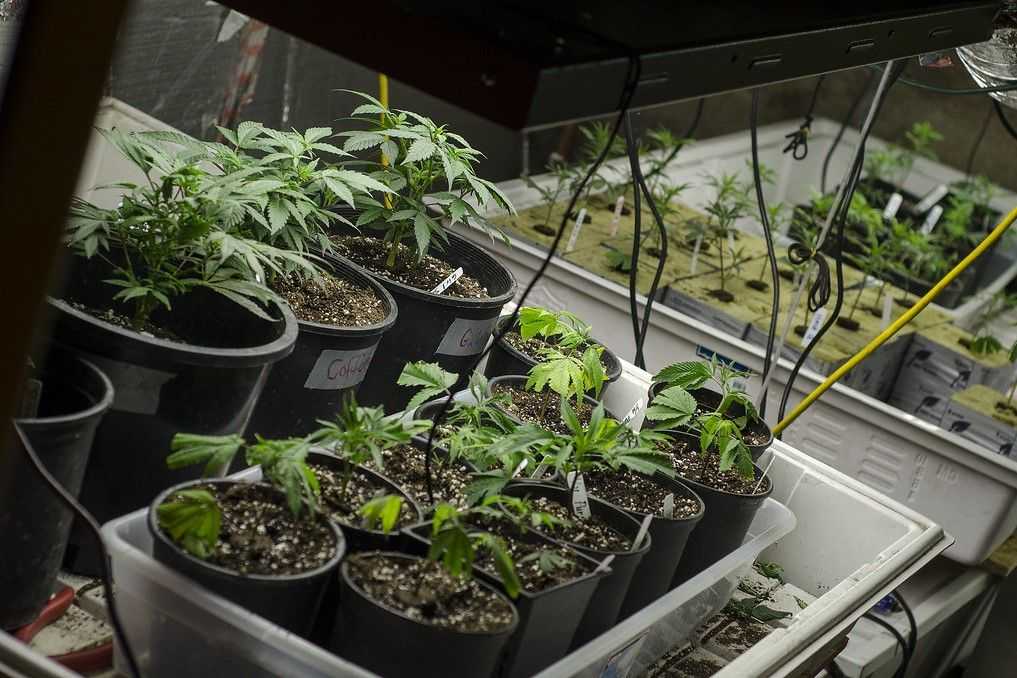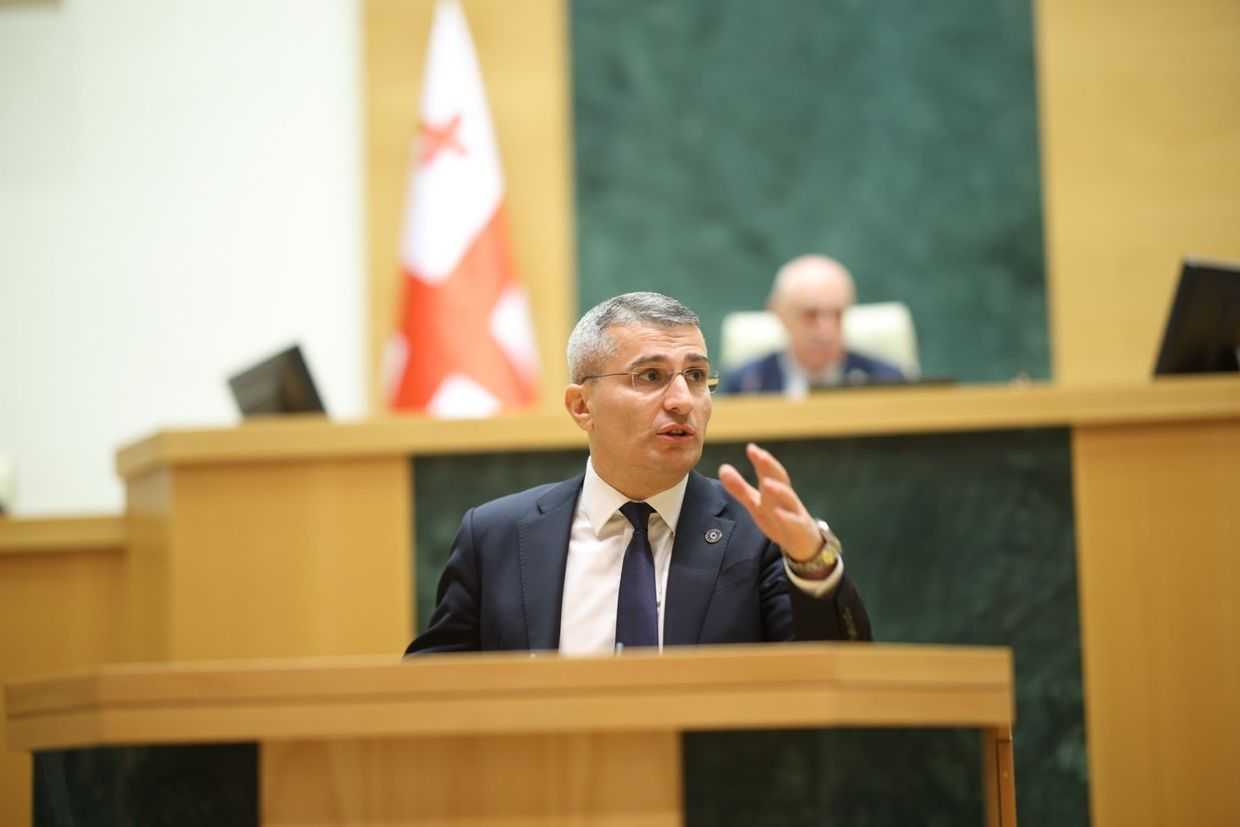

 A number of leading figures in the government have echoed anti-drug messages from the Patriarch’s annual Christmas epistle. Ilia II, the head of the Georgian Orthodox Church, stressed the ‘importance of elaborating an anti-drug policy’.
A number of leading figures in the government have echoed anti-drug messages from the Patriarch’s annual Christmas epistle. Ilia II, the head of the Georgian Orthodox Church, stressed the ‘importance of elaborating an anti-drug policy’.
‘As the country faces a demographic catastrophe, each of us has to be especially cautious and prudent in approaching this problem [drug use] in a complex way so that consequential steps are taken’, Patriarch Ilia II said in his epistle at midnight on 6 January, before Orthodox Christmas Mass.
According to him, it’s necessary to come up with a drug policy which would ‘defend young people and create negative attitudes towards’ drug consumption, which the Patriarch called a ‘severe disease’. He added that rehabilitation centres should be built and educating schoolchildren prioritised.
The epistle comes in the wake of an active campaign from drug policy activists to soften laws they say describe as draconian. Drug policy activists have been urging parliament to pass a draft law that would decriminalise drug use in the country.
[Read on OC Media: Georgia’s ‘war against the people’ and the war against a ‘system that stinks’]
Despite the epistle covering a number of topics, the section on drug policy has been most actively discussed.
Political reaction
The following day, statements from leaders of the ruling Georgian Dream party echoed the 84-year-old Patriarch, who is widely considered to be one of the most influential figures in the country.
Mamuka Mdinaradze, one of the leaders of Georgian Dream and a senior MP, said the Patriarch’s sermon would enhance their ability to ‘balance human rights’ and fighting crime.
Justice Minister Tea Tsulukiani said on 8 January that ‘hints and unequivocal statements from the epistle directly coincide with the plans of our government and the Ministry of Justice’.
At an 8 January press-conference, Deputy Interior Minister Nino Javakhadze said current statistics show ‘there is a difficult situation in [the] country in this regard and prolonging the decision making process further aggravates the problem’. According to her, ‘the situation is especially difficult when it comes to chemical drugs and the harm caused by the consumption of so-called “bio” ’.
Javakhadze said a ‘balance between humanity and prevention of consumption’, should the basis of drug policy.
Georgia, where every third prisoner is serving time on drug-related charges, may be about to transform its strict drug policy into a more liberal system. Activists and reformers are hoping that new legislation could change Georgia’s system away from what they call ‘the war against the people’.
Georgia’s Constitutional Court recently ruled it unconstitutional to criminally prosecute people for consuming cannabis, effectively decriminalising its use. This is short of decriminalising the purchase, storage, or sale of cannabis, and is not legalisation.
The new bill going before parliament, however, would move drug policy away from a criminal justice approach, treating drug use instead as a public health issue.
Javakhadze said a number of legislative amendments need to be passed in order to uphold the Constitutional Court’s decision.
Parliamentary Chair Irakli Kobakhidze said ‘the messages from the epistle will be taken into account’ in discussions in parliament.







